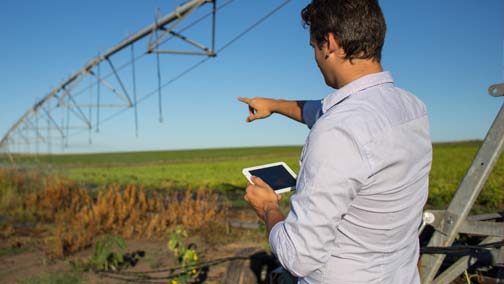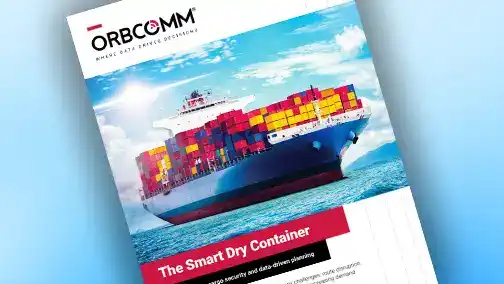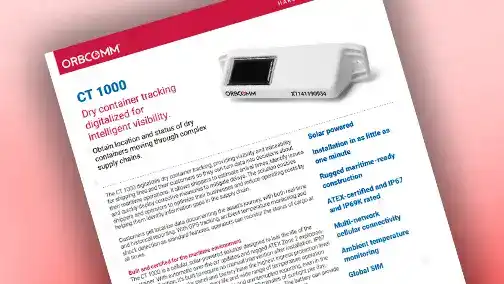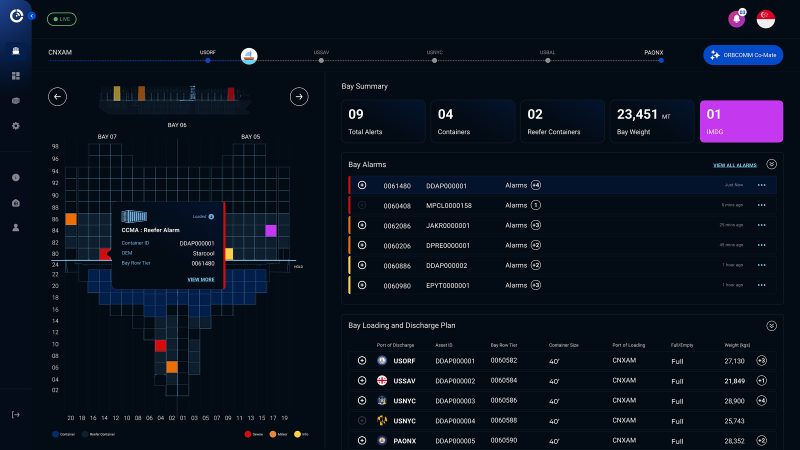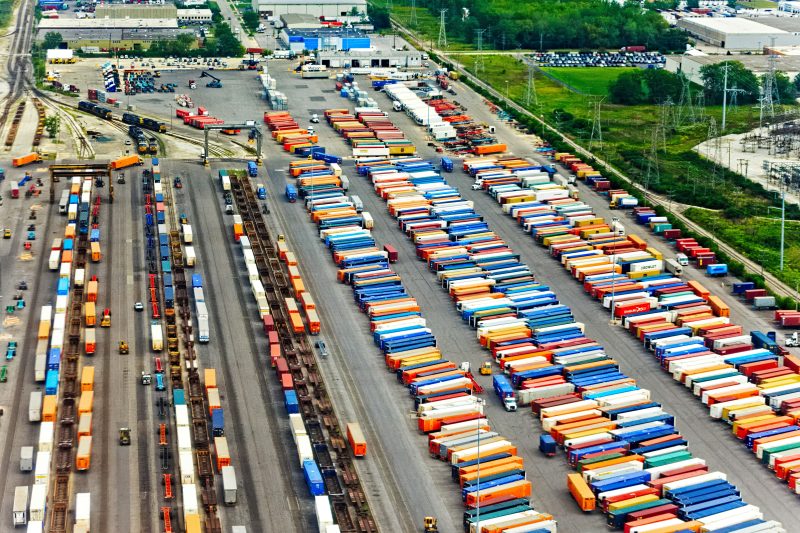Charting the Course for AIS and Big Data
I recently had the opportunity to attend the AIS Summit in Hamburg, Germany and I made some interesting observations about this maritime technology.
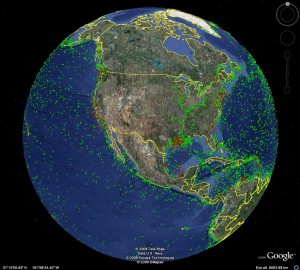 Automatic Identification System (AIS) may have been originally designed for collision avoidance but of the over twenty presentations at the show, only two spoke on this topic. All other presentations were focused on how AIS data is being used to augment the “big data set” used in maritime intelligence applications. For example, Pole Star uses AIS data to verify that a ship entering port has not previously entered any blacklisted ports and sanctioned countries. Recently, that capability was used to screen ships that had docked in countries hit by Ebola and alert port crews.
Automatic Identification System (AIS) may have been originally designed for collision avoidance but of the over twenty presentations at the show, only two spoke on this topic. All other presentations were focused on how AIS data is being used to augment the “big data set” used in maritime intelligence applications. For example, Pole Star uses AIS data to verify that a ship entering port has not previously entered any blacklisted ports and sanctioned countries. Recently, that capability was used to screen ships that had docked in countries hit by Ebola and alert port crews.
SkyTruth uses AIS data in their Global Fishing Watch application to give citizens a simple, online platform to visualize, track and share information about fishing activity worldwide. The platform uses AIS data to analyze “human interaction with the ocean”. According to the founders, fishermen can show how they are doing their part to fish sustainably and citizens can watch the places they care about and work together to restore a thriving ocean.
Some other interesting applications included how AIS data and analytics is used for the development of antifouling coatings on shipping vessels as well as to provide real-time reporting on movement of commodities like coal, iron ore, oil, LPG, LNG and chemicals for trading and shipping companies.
On a technical note there were several discussions on the reason for and impact of errors in AIS data. ORBCOMM’s George Best provided the results from an Australian Maritime Safety Authority (AMSA) study that found that despite all the hype, only 0.027% of AIS messages had errors. Of those, many could be avoided with well documented procedures and training.
So what is the future of AIS? As companies like ORBCOMM augment their AIS capabilities to provide more frequent reporting and companies like Google leverage the data with their Big Data processing techniques, we will see AIS data become an important data source for intelligent applications that provide the big picture and identify large patterns.
What do you think the future holds for AIS? Share your thoughts below…




